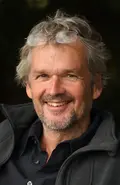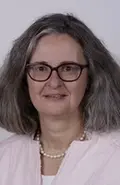Educational Landscape and Knowledge Culture
Duration
07/2014
- 05/2017
Funding
Thüringer Ministerium für Wirtschaft, Wissenschaft und Digitale Gesellschaft (TMWWDG) :
290 000 Euro
Project management


Gotha was one of the most important centres of innovation in early modern European educational history. Its origins lie in the comprehensive church and school reforms that began after the founding of the Duchy of Saxony-Gotha in 1640 and profoundly changed the world of life and education in the towns and villages of the state. In the project, collections-based research is to be carried out on the basis of the educational history sources collected in the 17th and early 18th centuries. Today, these sources can be found in the institutions at Friedenstein Castle (Research Library, State Archive, Friedenstein Castle Foundation) and in the Gotha City Archive. The aim of the project is to open up the hitherto almost unknown holdings for science and the public and demonstrating their potential for international research in the history of education. The question of the genesis and the change of pre-modern school and educational structures as the basis of or in interaction with early modern cultures of scholarly knowledge will be the guiding principle of the project. A practical and actor-related perspective is central to this. The project will be implemented in two closely related sub-projects, in which the sources will be qualified on the basis of two pilot studies and a research infrastructure will be designed. This includes publications, third-party funded projects, workshops and conferences. The aim is to create a sustainable profile for the history of education in the early modern period at the research location Gotha.
